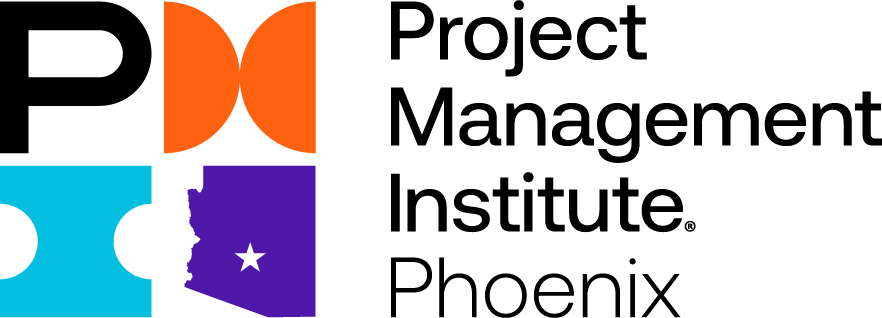Tackling societal issues on a large scale also requires a radical reimagining of customer and stakeholder relationships, including exactly who it is that organizations are trying to reach. Only then can businesses ensure they’re solving the right problems for the right people with the right projects.
Consider Coca-Cola HBC’s Mission 2025 Team, which conducts an annual materiality survey of roughly 1,000 internal and external stakeholders to identify social and environmental topics that impact the company’s value drivers. “This is not just a one-off exercise,” Dickstein said. “It is the starting point for engagement activities that occur throughout the year.”
The survey results helped Coca-Cola HBC define its 2025 sustainability commitments, which, in turn, align to the UN SDGs. With that, the company is ready to take action on a wide range of issues, ranging from reducing water use by 20 percent in water-risk areas to increasing its management ranks to 50 percent female.
“We are engaging with our stakeholders to determine climate action in the new normal and what the whole global pandemic means for us as a business,” he said of the company’s 2020 stakeholder forum. “Listening to and learning from them is a fantastic best-practice platform and necessary to move the agenda forward.”
A customer-centric mindset, meanwhile, can yield more innovative ways of thinking that continue to deliver value to customers even in times of crisis. Take urban development: in London—as in other cities—there’s a “big conversation” about “equality in public infrastructure, and how access to healthcare, parks, and neighborhood centers disproportionately benefits some communities more than others,” Arup’s de Cani said. As leaders around the world contemplate a post-pandemic future, such discussions may spark more equitable project investments. And de Cani said more of Arup’s clients want to play an active role in developing those solutions. They want to understand the impact of projects in much broader terms and expect guidance on how to improve them to benefit more people through access to cities, data, and economic opportunities. “At a meta level, these measures now affect whether a project is approved or not,” he said.
It’s also important, as the UN SDG Fund stresses, for businesses not only to implement reactive measures but also to enable the right conditions for social inclusion to flourish. This includes engaging in a true dialogue with customers.
“We’ve seen in several projects that the cultural connection, the language, whatever it might be, is a real value,” said Gabrielle Bullock, principal and director of global diversity at architecture and design firm Perkins and Will, Los Angeles, California, United States. “Our clients’ values are not only focused on fee, schedule, and budget. It really is about the human connection, the cultural connection, and shared values.”21
In one instance, Bullock said Perkins and Will almost lost an opportunity because its commitment to the LGBTQ+ community wasn’t clearly demonstrated. “We hadn’t really promoted it like we should,” she said. Once the firm showed its team’s understanding and commitment to the community, it won the project.
Sources
- Pulse of the Profession®In-Depth Report: A Case for Diversity, PMI, June 2020.

